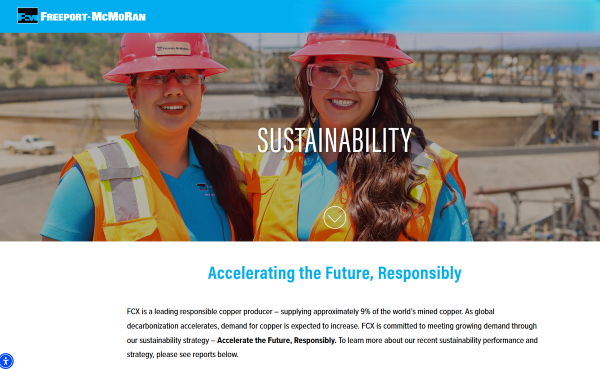Task 3 FAQs
2025 Tasks
Q: How should we measure CUE?
A: CUE requires a measure of CO2 production and biomass. To measure biomass, filter a specific amount of media through filter paper and then weigh it (wet weight). Dry it for a few days and weight it again (this is the dry weight). Then measure CO2 production with a CO2 analyzer. (NMSU uses an EGM analyzer)
Q: We are planning to use dead fungi. Is this allowed by Task 3 guidelines?
A: If at all possible, use live fungi. The reason: dead fungi will need to be quickly replaced once they become saturated with metals. It would not be a low-maintenance strategy in full-scale application.
Q: Is it alright to use pre-treatments that enhance the fungi's ability to remove metals?
A: It is allowed as long as the pre-treatment is directly and exclusively related to helping fungi remove metals. Keep your eye on the end goal: That of finding out how effective fungi, alone, is for removing metals. Pre-treatments that are un-related to the fungi are not allowed.
Q: The flow rates are listed at 10 gpm. This seems very rapid for using fungi to remove metals from the waters.
A: Correct. Ideally, the water is retained long enough to allow the fungi to treat the water.
Q: Should this be envisioned as the fungi treating the water within a flowing stream?
A: There are no expectations of treating the water within a flowing stream, as this may not allow enough HRT (hydraulic retention time = treatment time) unless the stream is engineered (e.g., introducing sinuosity), which is certainly possible. Teams may consider any variety of engineered solutions to hold water as needed for treatment.
Q: What is the average/target size of this stream (width, depth)?
A: Assume no restrictions so engineer as needed.This depends on treatment time needed and flow rate, as well as footprint needed vs. land available.
Q: What is happening upstream of this flow?
A: The flow emerges from historical mine features such as an adit.
Q: What is happening downstream of this flow?
A: Can vary widely. Your team may determine what your proposed treatment system will need.
The way to succeed is to double your failure rate.
